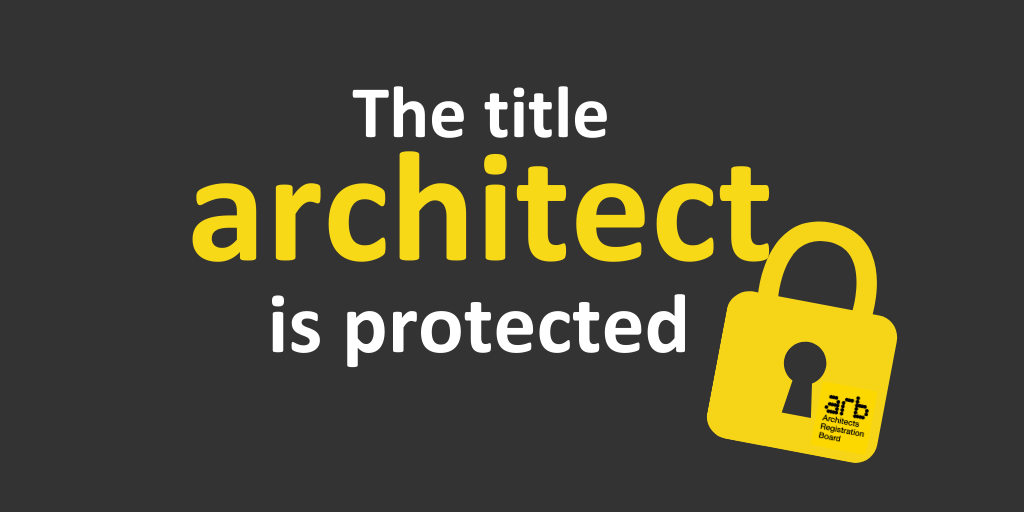
We appreciate the effort it takes to earn the right to use the title ‘architect’ in the UK and how important safeguarding the reputation and high standards of the profession is to many of you.
Through protecting the title we protect the public. By raising awareness of the skills and standards that regulation ensures, and how the title is a signifier of these professional standards, we help the public make an informed choice about who to hire for their project.
We help protect the title in a range of ways including maintaining the Architects Register so the public can easily check if someone is a genuine UK architect, engaging with the public and media to raise awareness and investigating concerns about misuse of the title.
In 2019 we conducted 741 investigations into people misusing the title ‘architect’. In the majority of cases the issue was resolved swiftly without the need for formal action. Where the misuse was sufficiently serious we prosecuted.
All prosecutions we brought in 2019 resulted in criminal conviction. We hope the convictions, fines and publicity associated with title misuse prosecutions will act as a deterrent for those who may otherwise have used the title illegally, and help the public be vigilant for different types of misuse.
You can read on for a summary of the themes from our 2019 prosecutions, for more details on current prosecutions you can view our Table of Prosecutions.
Online promotion
The first prosecution to conclude in 2019 involved title misuse online, including on Companies House and various business directories as well as the individuals own website. The Court was mindful of the risk to the public posed by misleading advertising and the individual was convicted on five counts of misusing the title.
Responsibility
Later in the year the use of the title on social media was considered. The Court noted that architects are entitled not to be in competition or undercut by those who are not architects and concluded that although the individual did not explicitly commission the use of the title when using a third party, they were responsible for the content that was generated and were ineffective in removing it when notified of the issue. A different court for another case similarly concluded that an individual’s limited contact with their web designers to remedy an issue was insufficient and that they could have done more to resolve the issue.
Maximum fines
In another prosecution the Court noted that despite numerous warnings from us, a company continued to imply its services were provided by experienced architects. Given the offences involved identity theft and risked public safety, and in light of the individuals reluctance to engage with us and their absence from court, the Court imposed the maximum fine available for each offence in addition to costs and surcharges, totalling £24,318.
Ignoring regulatory advice
An individual was found guilty of four counts of the criminal offence of misusing the title after the Court’s attention was drawn to the prolonged nature of the offending. The term was used despite no architect being in control of the architectural work provided. The individual was first informed of an issue in 2014 and while some breaches were remedied along the way others continued. A different Court heard that another individual, whose offences included use of the term in metadata, initially maintained a view that there was nothing preventing them suing the title ‘architect’ despite information to the contrary from us. Both the individual and their company were convicted.
Visit our website for more on our work protecting the title.

